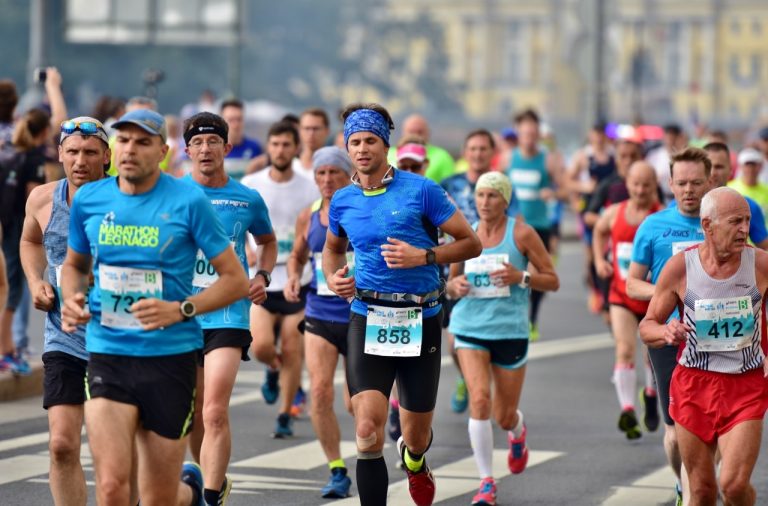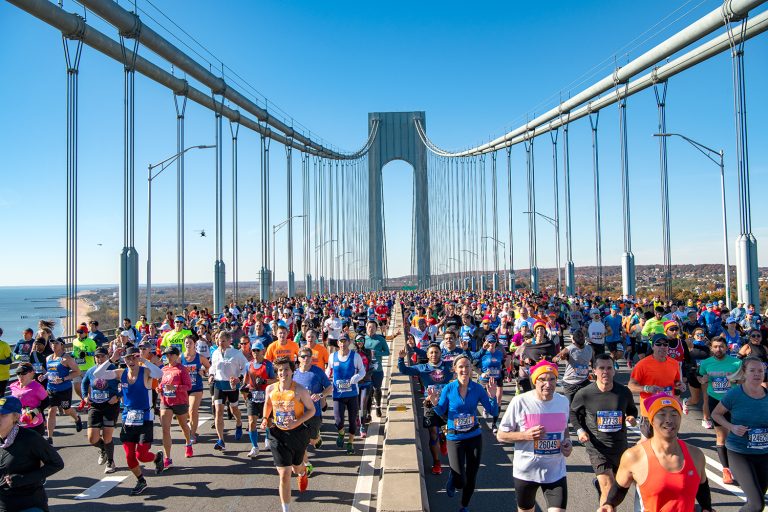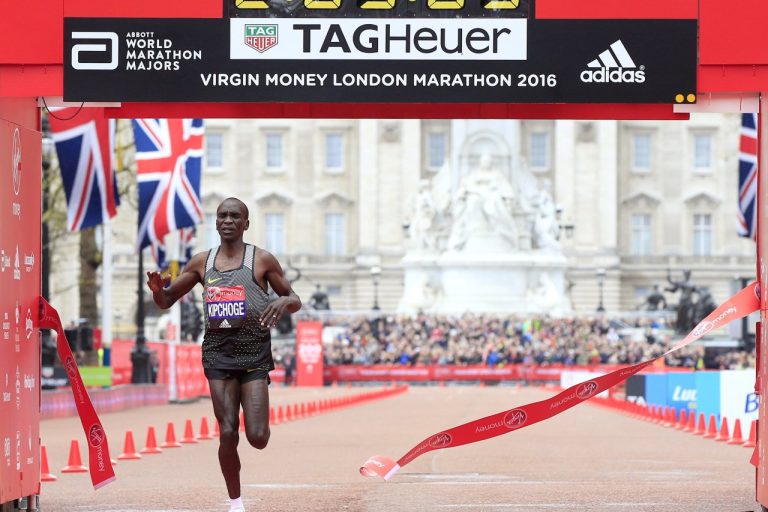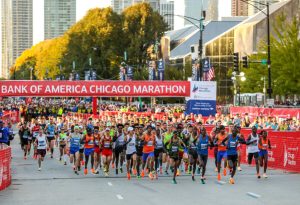The Berlin Marathon is one of the most prestigious and fastest marathons in the world, known for its flat course and iconic landmarks. Held annually in Germany’s capital, this marathon attracts elite athletes and amateur runners from around the globe, all seeking to achieve personal bests or break world records. As part of the Abbott World Marathon Majors, the Berlin Marathon has earned its place alongside the most famous races in the world, including the New York, London, and Tokyo marathons. In this article, we’ll explore the history, course, and unique aspects that make the Berlin Marathon a must-run event for marathon enthusiasts.
A brief history of the Berlin Marathon
The Berlin Marathon was first held in 1974, with only 286 runners participating. Over the decades, it has grown into one of the largest and most renowned marathons in the world, regularly attracting over 40,000 runners. The marathon’s initial route ran through the Grunewald forest, but it wasn’t until 1981 that the race was moved to the streets of West Berlin. After the fall of the Berlin Wall, the marathon gained new significance, with the route crossing through both East and West Berlin, symbolizing the reunification of the city. Today, it stands as a symbol of resilience and unity, and its history is closely intertwined with Berlin’s modern identity.
A fast and flat course designed for records
One of the key attractions of the Berlin Marathon is its flat, fast course, making it a favorite for elite runners aiming to set world records. The route begins and ends near the iconic Brandenburg Gate, taking participants through Berlin’s wide, smooth streets and passing by some of the city’s most famous landmarks, including the Reichstag and Victory Column. The lack of significant elevation changes makes it an ideal course for runners looking to achieve personal bests, and it’s no surprise that many world records have been set here. Kenyan runner Eliud Kipchoge set the current men’s marathon world record at the 2018 Berlin Marathon with an astonishing time of 2:01:39.
The elite field and world records
The Berlin Marathon has become synonymous with world-record performances, particularly in the men’s marathon. Since 2003, the men’s world record has been broken seven times on the Berlin course, earning the marathon its reputation as the fastest in the world. In addition to Eliud Kipchoge’s record-breaking run, previous records were set by legendary runners such as Haile Gebrselassie and Wilson Kipsang. The marathon also attracts top female athletes, with notable performances from athletes like Gladys Cherono and Naoko Takahashi. The combination of the course, the support from spectators, and the event’s elite status ensures that Berlin remains a top destination for professional and amateur marathoners alike.






